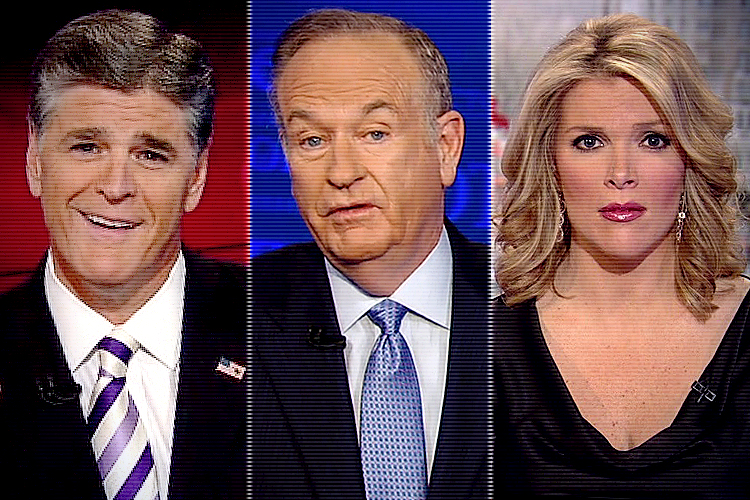Last week my article addressing militancy and the uprisings in Baltimore was shared more times in 24 hours than most things on my blog have been shared in years. It struck a chord I had not predicted, and challenged the poisonous narratives that were dominating the airwaves last weekend.
Afterward, I got death threats. I got called a n***r, and a few conservative sites found my Facebook profile and reposted pictures of my image. Fox News called for an interview, as did the Huffington Post and several radio shows. I declined most of these offers, not only because I didn’t trust the goals of the outlets, but because centering my voice was not the point.
“…A riot is the language of the unheard,” many were surprised to learn Martin Luther King, Jr. said famously over Black riots in 1968, after being encouraged by media to calm protesters. Perhaps even more poignantly, James Baldwin stated in an interview with Esquire that same year, “…If the American Negro…is going to become a free person in this country, the people of this country have to give up something. If they don’t give it up, it will be taken from them.”
Some objectors to my argument made cliche appeals: “Both sides need to be held accountable,” or, “violence only begets more violence.” Many revealed they had not actually read the piece, or at least not carefully.
Virulent responses to the word “racist” to describe those criticizing the riots made it once again evident that racist is still seen as the worst insult one can call another in this country, when it shouldn’t be. We are all products of a racist society, all say and do racist things regularly. The only way to actually end racism is learning to recognize it in all its forms, to name it in ourselves and others, not for the sake of shaming individuals but for accepting responsibility for our own roles in its perpetuation.
Let us once again be clear: If we oppose violence, then we must oppose all forms of policing. If we oppose violence then we must call for an end to war, an end tooccupation. We must oppose sexual assault, and prisons as institutions which wield it as a strategic tool. If we abhor violence to bodies, families, communities, then we should abhor all these systems and call for their immediate abolition. As Ta-Nehisi Coates said so perfectly, “When nonviolence is preached by the representatives of the state, while the state doles out heaps of violence to its citizens, it reveals itself to be a con.”
Other writers challenged some of my views in important ways—not by defaming rioters, but by acknowledging that rioting is rarely something than can be planned, controlled. Understanding riots, militant uprisings, as emotional reactions to extreme trauma as much as political demonstrations was an important point of reevaluation for myself, one I feel I am still learning about from other writers, community members and activists.
My heart is heavy at the end of this week over the indictments of six officers in Freddie Gray’s case, not because I do not believe in individual accountability, but because I, too, believe that violence begets more violence. As a movement, we cannot celebrate indictments for any crime. If we seek to end racist policing, we must seek the end of all policing, all incarceration. We have got to comprehend this once and for all. When we call out the violence in some of the state’s representatives while heralding others as our heroes, we are falling for its tricks. We are reinvesting in its authority, which means we are fortifying our own ultimate subjugation. Instead invoking the names of our dead to call for more imprisonment, we need to tell their stories in service of demilitarizing, decriminalizing and freeing our communities from the prison system forever.
Some—in most cases conservatives and policing advocates who had not actually read my article or fully grasped it—tried to make the issue about me this week. It didn’t work, because the issue is not about me, just as it is not about individual police officers, the State’s Attorney, or individual slain Black people.
A movement cannot be about one voice. It is never led by one leader. The moment we are in inspires me so deeply because there are innumerable leaders. At the forefront are women, queers and young people of color. We are genius, we are loud, and we are tirelessly action-oriented.
There are too many of us to imprison, too many of us to arrest. There are too many of us to censor, to smother with senseless soundbites, to demoralize with propaganda. There are too many of us to intimidate with the very violence our movement seeks to eradicate.
Don’t let them make you forget that.

